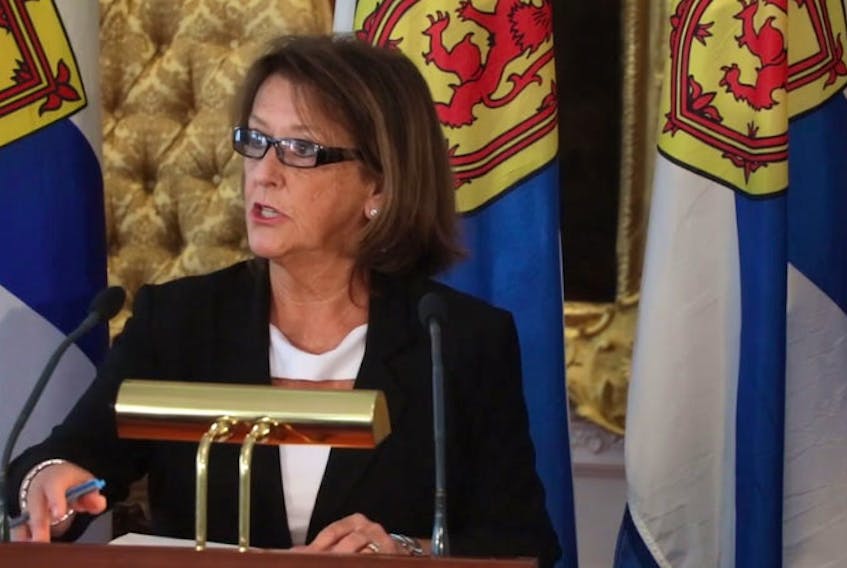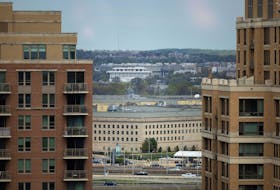The government of Nova Scotia produced its fourth consecutive balanced budget, announced Tuesday, March 26, in Halifax.
- Budget 2019-2020 estimates a surplus of $33.6 million. With revenue slated at $11.01 billion, and expenses of $10.98 billion.
- Compared to last year, revenues are up by $200.3 million, or 1.9 per cent, and expenses have increased by $196.1 million (1.8 per cent).
- There are no new tax increases or reductions or changes in fees for Nova Scotia taxpayers.
- New tax credits and incentives for corporations and venture capital firms to invest in Nova Scotia companies, estimated to cost approximately $15 million.
- Income tax rates are going down for 500,000 Nova Scotians, with 63,000 now paying no income tax at all. Overall personal income tax revenues are down 0.2 per cent
- Corporate income tax revenue is up 13.8 per cent over last year.
- HST revenues are up two per cent over last year.
- The province is projecting to keep the books balanced for the next three years.
- That makes this the government’s fourth consecutive balanced budget.
- The net debt-to-GDP ratio is estimated at 33.8 per cent.
- The province is giving healthcare spending a boost, including an additional $10 million for collaborative care teams, which are made up of nurses, doctors and other medical staff throughout the province and a combined $4 million for new residency spaces at Dalhousie Medical School. Overall healthcare, the largest expenditure by far, is up 6.2 per cent to $4.6 billion.
- Education spending is also rising, with a $10.2 million increase to expand the pre-primary program throughout the province, which initially launched in 2017, and $15 million to continue implementing recommendations from the Commission on Inclusive Education. Education spending is up 2.3 per cent over last year to $1.4 billion.
- The government has also boosted some of its economic development initiatives, including an $850,000 increase to export programming and $620,000 more to support immigration.
- The budget also comes with increased funding for social programs including a $14.2 million increase for programs that support adults and children with disabilities and $470,000 in new funding for sexual violence prevention at the province’s university campuses.
- The province’s capital budget, which was announced earlier this month, is $691.3 million directed at roads, schools and what the government is calling the largest health care redevelopment project in the province’s history, as it continues to build and retrofit hospitals in Halifax and the Cape Breton. $103.7 million has been directed to hospital redevelopment.
- The province’s highways got a $15 million boost, bringing total highway spending to over $300 million.
- Last year's surplus fell $1 million lower than the initial estimate, landing at $28.4 million instead of $29.4 million.
RELATED:









